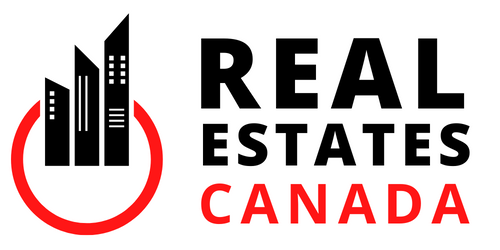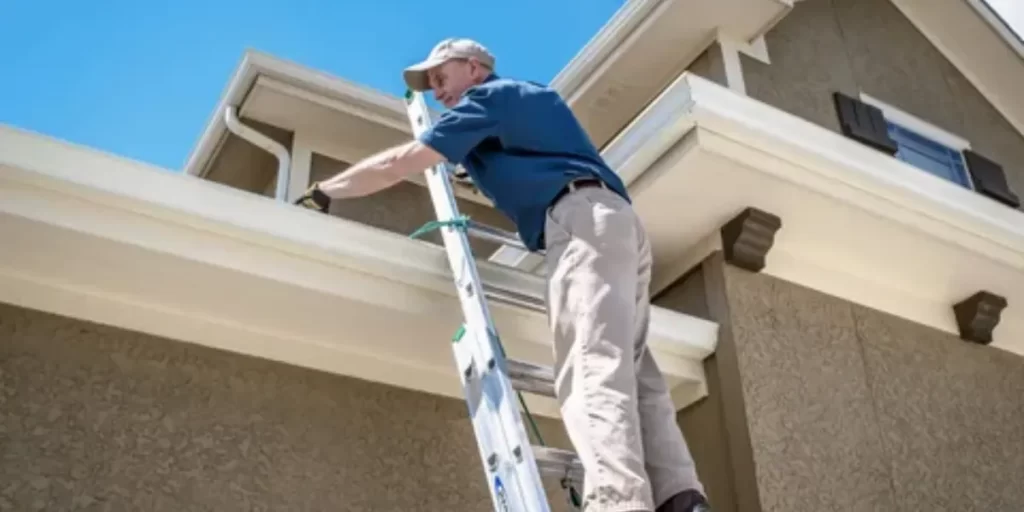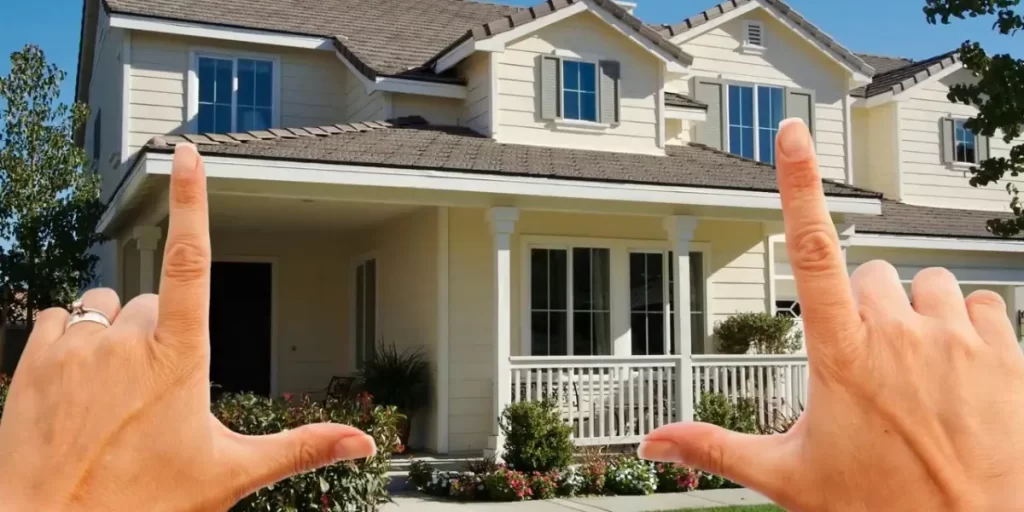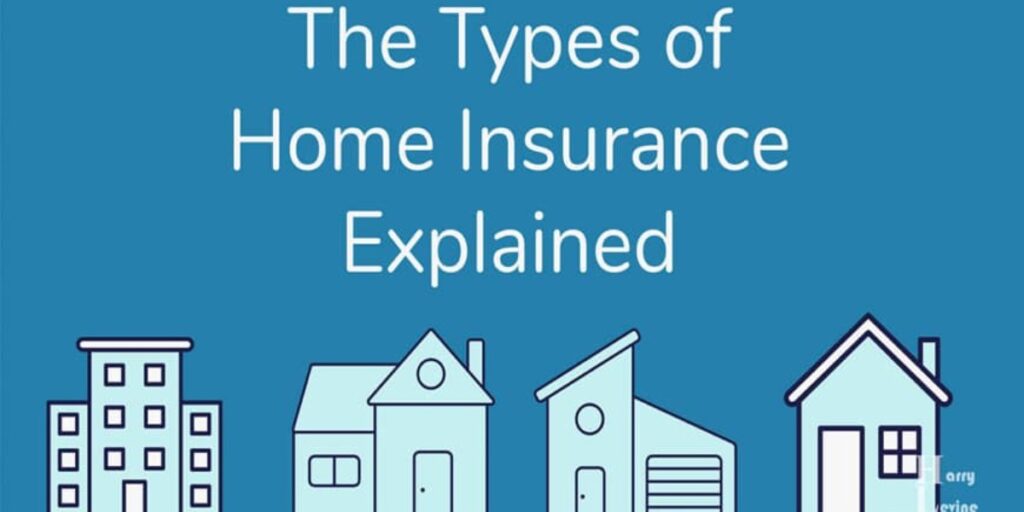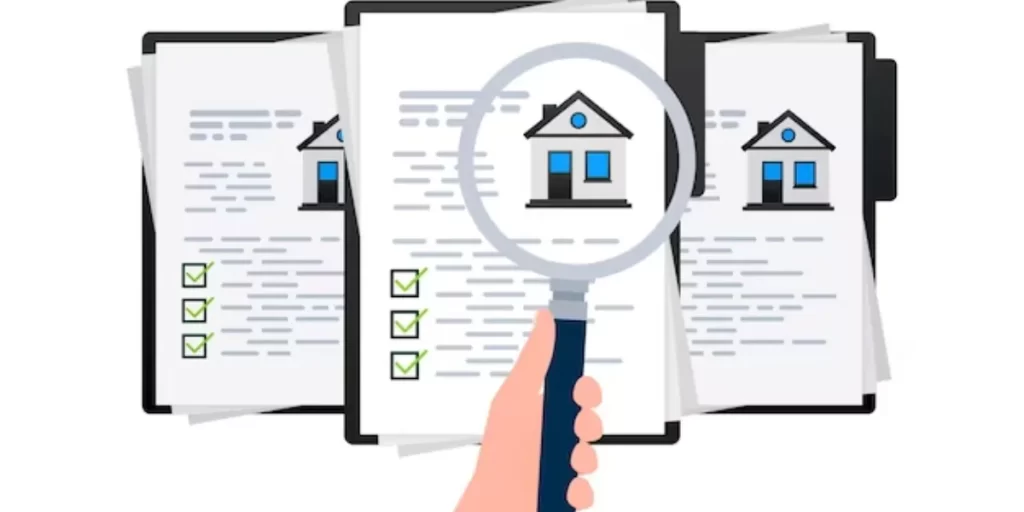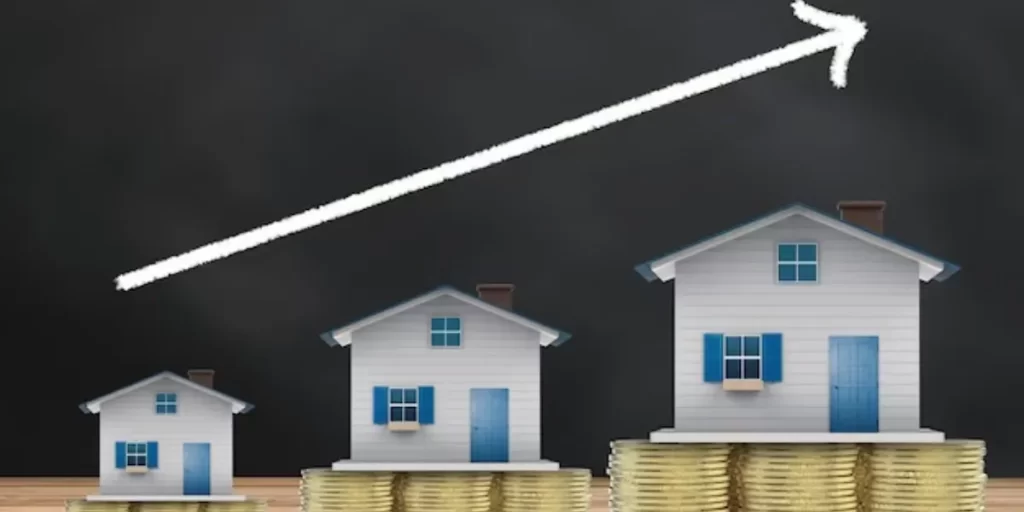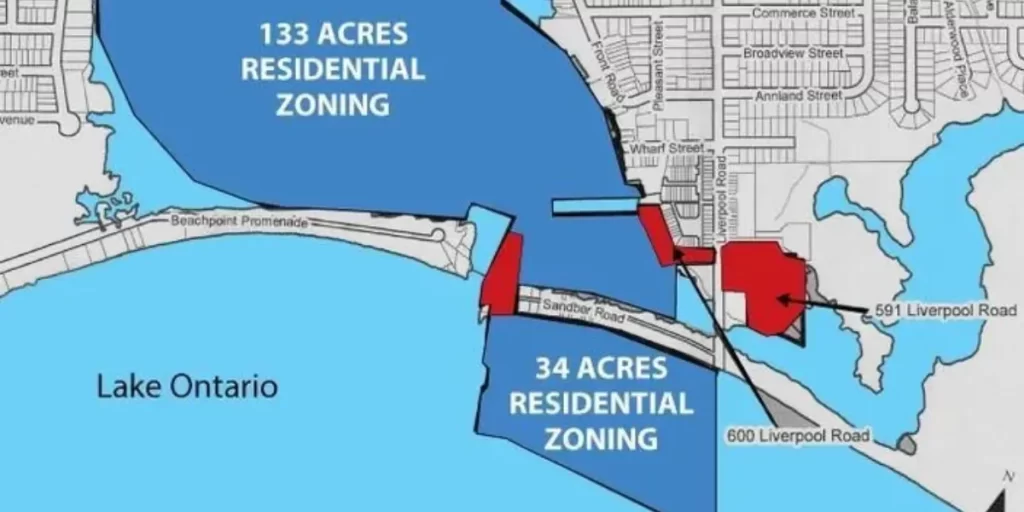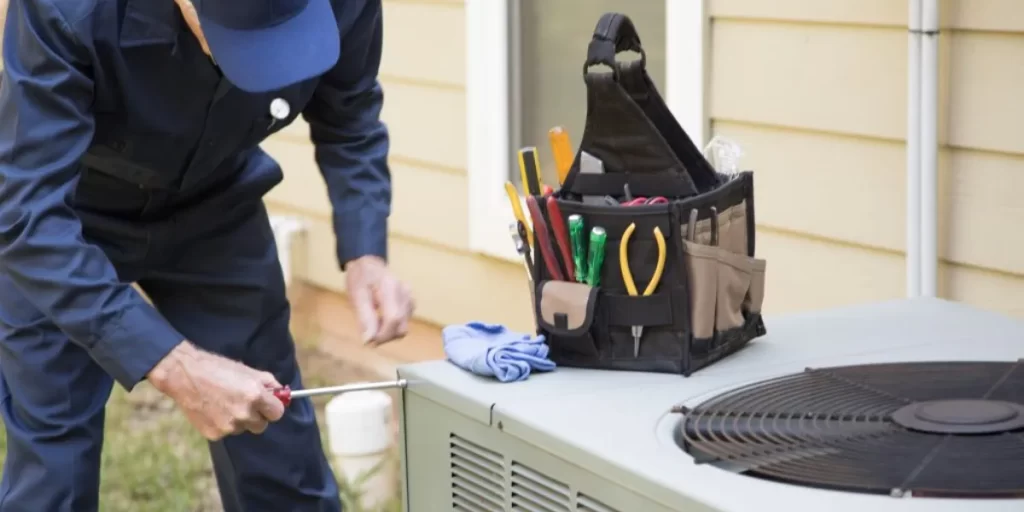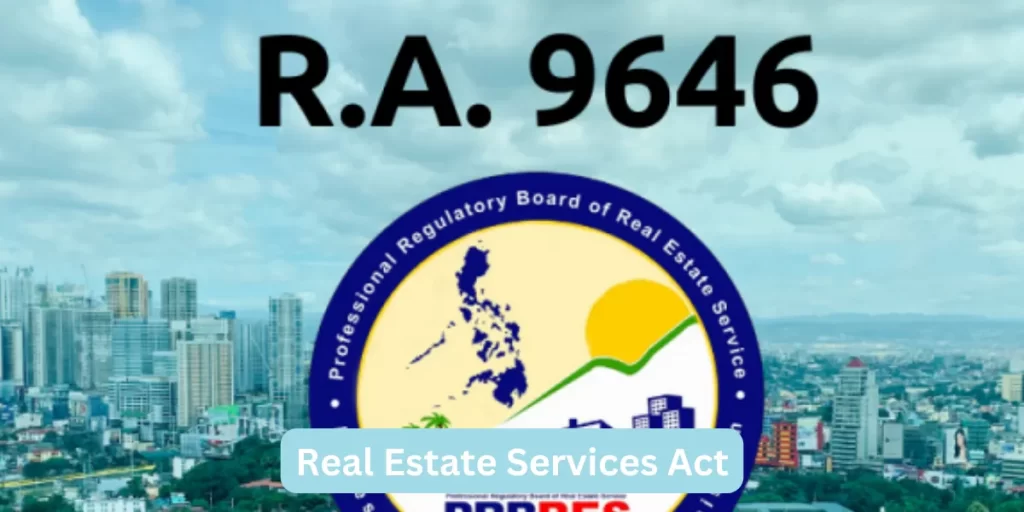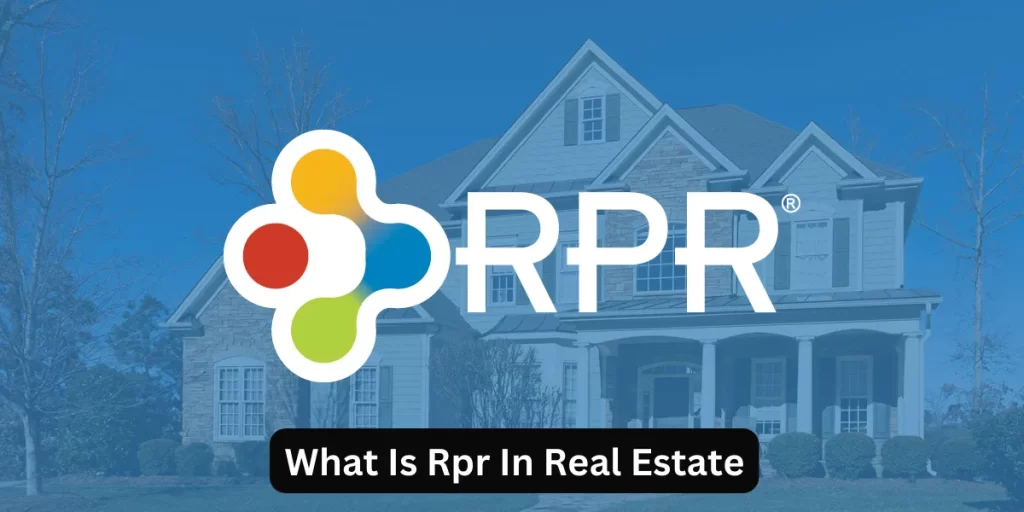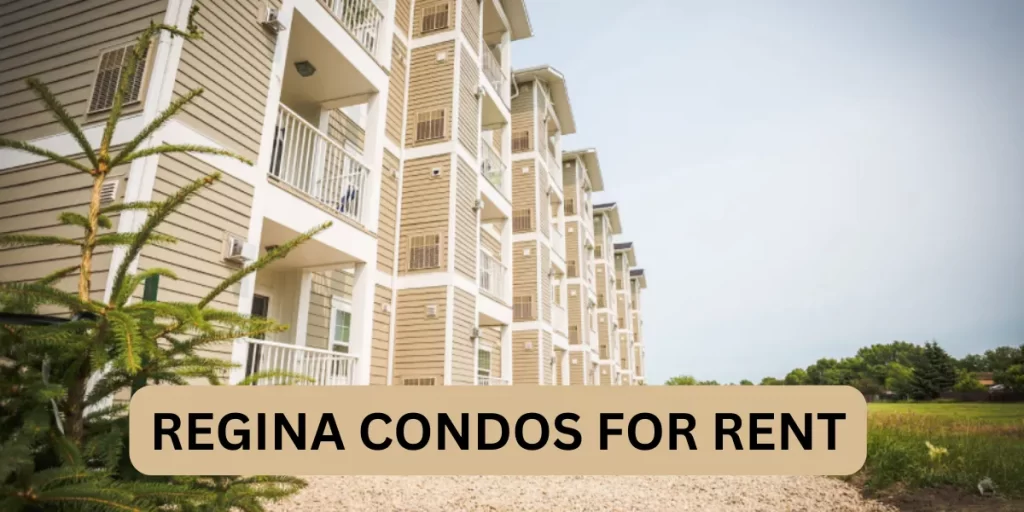Can I Transfer My Real Estate License To Another State?

Definition of a Real Estate License
A real estate license is a legal document that allows an individual to practice as a real estate agent or broker. It is granted by the relevant state authorities and requires the completion of pre-licensing courses, passing a state licensing exam, and meeting the eligibility criteria.
Importance of a Real Estate License
A real estate license is an essential component of a real estate professional’s career. It not only provides credibility and recognition but also opens up opportunities for growth and advancement. A real estate license enables an individual to legally buy, sell, and rent properties on behalf of clients.
Purpose of the Article
The purpose of this article is to provide comprehensive information on transferring a real estate license to another state. The article aims to assist real estate professionals in making informed decisions when it comes to moving their license to a new state. The information offered by Real Estates Canada is designed to help individuals understand the process, eligibility requirements, and important factors to consider when transferring their real estate license.
Transferring a Real Estate License to Another State
- Overview of the Process
If you’re a licensed real estate agent and are looking to practice in another state, you’ll need to transfer your real estate license. Transferring your real estate license to another state can be a complex process that involves meeting certain eligibility requirements and following specific state regulations. However, with the help of Real Estates Canada, you can make the transition smoothly.
- Eligibility Requirements
The eligibility requirements for transferring a real estate license to another state vary, but typically you must have a valid and active real estate license in your current state, a clean disciplinary record, and proof of completion of any required continuing education courses. It’s also important to note that some states have specific age and residency requirements that you must meet in order to be eligible for licensure.
- Required Documentation
When transferring your real estate license to another state, you will typically be required to submit an application for licensure, along with a variety of other supporting documents. This may include a copy of your current real estate license, proof of completion of pre-licensing courses, a passport-style photo, and a criminal background check. The exact documentation required may vary depending on the state you’re transferring to, so it’s important to check with the state’s real estate regulatory authority for a complete list of requirements.
- State-Specific Regulations
Each state has its own specific regulations when it comes to transferring a real estate license. For example, some states may require you to complete additional pre-licensing courses or pass a state-specific licensing exam. Additionally, the fees for transferring a real estate license can vary greatly from state to state. To ensure that you’re fully compliant with all state regulations, it’s important to research the requirements for the state you’re transferring to and to reach out to Real Estates Canada for support.
Steps Involved in Transferring a Real Estate License
- Research the State Requirements:
Before beginning the process of transferring your Real Estate License to another state, it is important to research the requirements of the state where you want to transfer your license. The requirements can vary from state to state, so it is essential to gather as much information as possible. You can find information on state requirements by visiting the state’s real estate regulatory authority’s website or by contacting them directly. Real Estates Canada suggests that you research the state requirements thoroughly before beginning the transfer process to ensure that you are aware of all the eligibility criteria and documentation requirements.
- Contact the Real Estate Regulatory Authority
Once you have researched the state requirements, the next step is to contact the real estate regulatory authority in the state where you want to transfer your license. You can find the contact information for the regulatory authority on their website or by searching online. When you contact the regulatory authority, they will be able to provide you with a complete list of the requirements for transferring your Real Estate License. Real Estates Canada recommends that you keep in touch with the regulatory authority throughout the transfer process to ensure that you are aware of any updates or changes to the requirements.
- Complete Pre-Licensing Courses
Most states require that you complete pre-licensing courses before you can apply for a license transfer. These courses are designed to familiarize you with the real estate laws and regulations of the state where you want to transfer your license. Real Estates Canada suggests that you check with the state regulatory authority to determine the specific pre-licensing courses that are required for your license transfer.
- Pass the State Licensing Exam
In order to transfer your Real Estate License to another state, you will need to pass the state licensing exam. The licensing exam is designed to test your knowledge of the real estate laws and regulations of the state. Real Estates Canada recommends that you study for the licensing exam thoroughly to increase your chances of passing it on the first attempt.
- Submit an Application for Licensure
Once you have completed the pre-licensing courses and passed the state licensing exam, the next step is to submit an application for licensure. The application will typically include information about your education, work experience, and background. You may also need to provide proof of insurance and a recent criminal background check. Real Estates Canada suggests that you review the application carefully before submitting it to ensure that all the information is accurate and complete.
- Pay the Licensing Fees
The final step in the process of transferring your Real Estate License to another state is to pay the licensing fees. The licensing fees can vary from state to state and may include an application fee, a background check fee, and a licensing fee. Real Estates Canada recommends that you check with the state regulatory authority to determine the specific fees that are required for your license transfer.
Transferring your Real Estate License to another state requires careful research and planning. Real Estates Canada suggests that you research the state requirements, contact the real estate regulatory authority, complete the pre-licensing courses, pass the state licensing exam, submit an application for licensure, and pay the licensing fees to successfully transfer your Real Estate License to another state.
Factors to Consider When Transferring a Real Estate License
Cost of Transferring a Real Estate License
The cost of transferring a Real Estate License to another state can vary depending on the state in which you are looking to transfer your license. It’s important to factor in the costs of pre-licensing courses, state licensing exams, and application fees when considering transferring your Real Estate License to another state. In some cases, you may also be required to pay an additional fee for a background check. The costs associated with transferring a Real Estate License can add up quickly, so it’s important to research the costs in advance and budget accordingly.
Time Commitment
The time commitment involved in transferring a Real Estate License to another state can also vary depending on the state and the individual. In some cases, the process may take several months from start to finish, while in others it may take much less time. It’s important to consider the time commitment involved in transferring a Real Estate License when deciding whether or not to pursue this option. This may include completing pre-licensing courses, studying for and taking the state licensing exam, and completing the application process.
Availability of Jobs in the New State
When considering transferring a Real Estate License to another state, it’s important to research the job market in the new state to determine if there is a demand for real estate professionals. This can be done by researching the local real estate market, looking at job postings for real estate agents, and talking to local real estate agents to get a better understanding of the job market. If the job market is not strong in the new state, it may not be worth the effort and cost to transfer your Real Estate License.
Continuing Education Requirements
In addition to the initial pre-licensing courses and state licensing exam, many states require real estate agents to complete ongoing continuing education courses in order to maintain their Real Estate License. When considering transferring a Real Estate License to another state, it’s important to research the continuing education requirements in the new state and make sure you are prepared to meet those requirements. This may include taking additional courses, attending seminars, or completing online training programs.
Difference in Real Estate Laws and Regulations
Real estate laws and regulations vary from state to state, and it’s important to consider these differences when transferring a Real Estate License. For example, some states have different laws regarding property disclosures, property inspections, and contract requirements. Before transferring your Real Estate License to another state, it’s important to research the laws and regulations in the new state and make sure you are prepared to comply with those requirements. This may include taking additional courses, attending seminars, or working with a mentor in the new state to get a better understanding of the local laws and regulations.
Summary of Key Points
In this article, we have discussed the process of transferring a real estate license to another state. We have covered the eligibility requirements, required documentation, state-specific regulations, and the steps involved in transferring a real estate license. We have also discussed the factors to consider when transferring a real estate license, such as cost, time commitment, availability of jobs, continuing education requirements, and differences in real estate laws and regulations.
Final Thoughts
transferring a real estate license to another state can be a complex and time-consuming process, but it can also be a great opportunity for growth and expansion in your career. It is important to do thorough research and to consider all factors before making a decision. Real Estate Canada offers a wealth of information and resources to help individuals navigate the process of transferring a real estate license.
Importance of Seeking Professional Advice
Transferring a real estate license is a significant decision that can impact your career and financial future. Seeking professional advice from experienced real estate agents, lawyers, or other professionals can be invaluable in ensuring that the process goes smoothly and that you make informed decisions. Real Estate Canada offers a network of professionals who can provide guidance and support throughout the process of transferring a real estate license.
Additional Resources
There are a variety of resources available to individuals who are considering transferring their real estate license to another state. These include state-specific websites, industry associations, and online forums. Real Estate Canada also offers a range of resources and tools, including informational articles, webinars, and educational courses, to help individuals navigate the process of transferring a real estate license.
References
List of Relevant Websites and Resources
When it comes to transferring a Real Estate License to another state, it is important to have access to reliable and up-to-date resources. The following is a list of relevant websites and resources that can help you during the process of transferring your Real Estate License.
- Real Estate Regulatory Authority – This is the official website of the state’s real estate regulatory authority, where you can find information about the requirements and process of transferring your Real Estate License to another state.
- National Association of Realtors – The National Association of Realtors provides resources and information for real estate professionals, including information on transferring your Real Estate License to another state.
- Real Estate Licensing Board – This website provides information on the licensing requirements, exam schedules, and application processes for transferring a Real Estate License in different states.
- Professional Real Estate Organizations – Many states have professional real estate organizations that offer support and resources to real estate professionals, including information on transferring a Real Estate License to another state.
Bibliography of Used Sources
When preparing the article, the following sources were used to gather information and ensure the accuracy of the information provided:
Real Estate Licensing and Regulation Handbook by Real Estate Canada
- National Association of Realtors: Transferring Your Real Estate License to Another State
- Real Estate Regulatory Authority: Licensure Requirements for Transferring a Real Estate License
- Professional Real Estate Organizations: Transferring a Real Estate License to Another State.
It is important to note that the information provided in this article is based on the policies and regulations offered by Real Estate Canada and may vary from state to state. Before making any decisions, it is recommended to verify the information with the relevant state authorities.
